AO Edited
National Coracle Centre
A museum dedicated to Wales’ favorite—and strangest-looking—watercraft.
They might not be as iconic as leeks or dragons on the ‘Welshness’ scale (in fact, many people probably won’t know what they are), but coracles are entwined into the culture of Wales, and this little museum in Carmarthenshire acts as a perfect introduction to the history of these odd-looking, river-going crafts.
Records of coracles being used in the United Kingdom date back to Roman times. The small, wooden boats, which appear like large baskets bobbing on the water’s surface, were primarily used for net fishing, with their irregular, flat-bottom-shape making them ideal for navigating very shallow streams, while also making them easy to transport (slung over the back like a turtle’s shell). Two coracles would be used in tandem, with a net strewn between each boat, granting each fisherman one free arm for paddling with a single oar.
While crafts resembling a coracle—the term being an anglicization of the boat’s Welsh name, cwrwgl—have been found all over the world, Wales remains one of the only places in Europe where they are still used for fishing today. Coracle-caught sewin and salmon are both protected delicacies.
Sitting pretty on the grounds of a 17th-century flour mill on the banks of the River Teifi (one of the rivers where fishing coracles can still be seen!), the lovingly-maintained National Coracle Centre, in the village of Cenarth, is dedicated to these quirky vessels, boasting a collection of coracles from across Wales as well as examples from India, Iraq, and the Americas. These are supplemented with paintings, models, and intriguing archival displays of the crafts in use, with the little boats having served as everything from rudimentary ferries to (very wobbly!) racing vessels over the years.
Know Before You Go
The museum is open every day except Saturday from Easter to the end of September. The opening hours are 11 a.m. to 4 p.m.





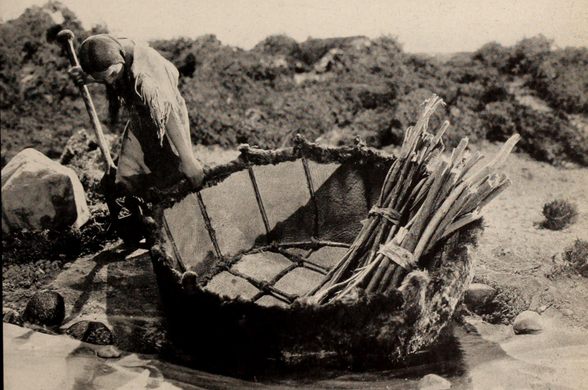




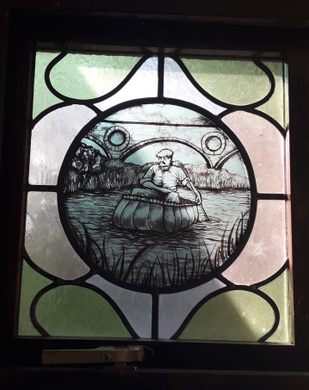








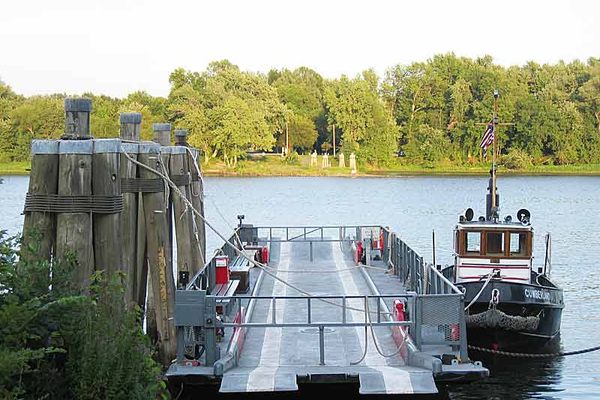
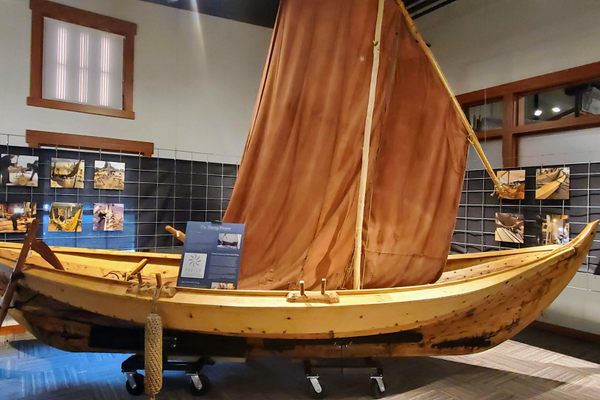
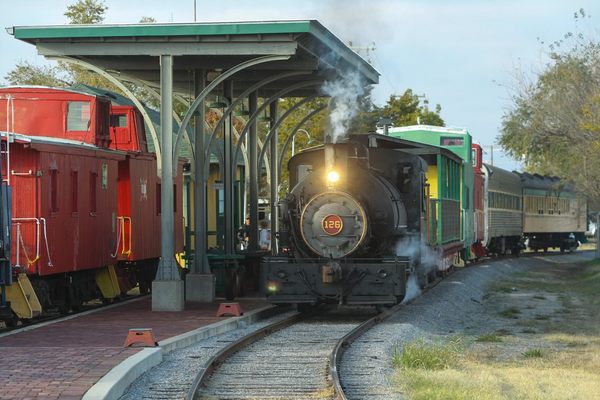

Follow us on Twitter to get the latest on the world's hidden wonders.
Like us on Facebook to get the latest on the world's hidden wonders.
Follow us on Twitter Like us on Facebook